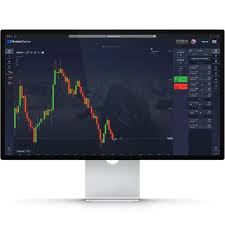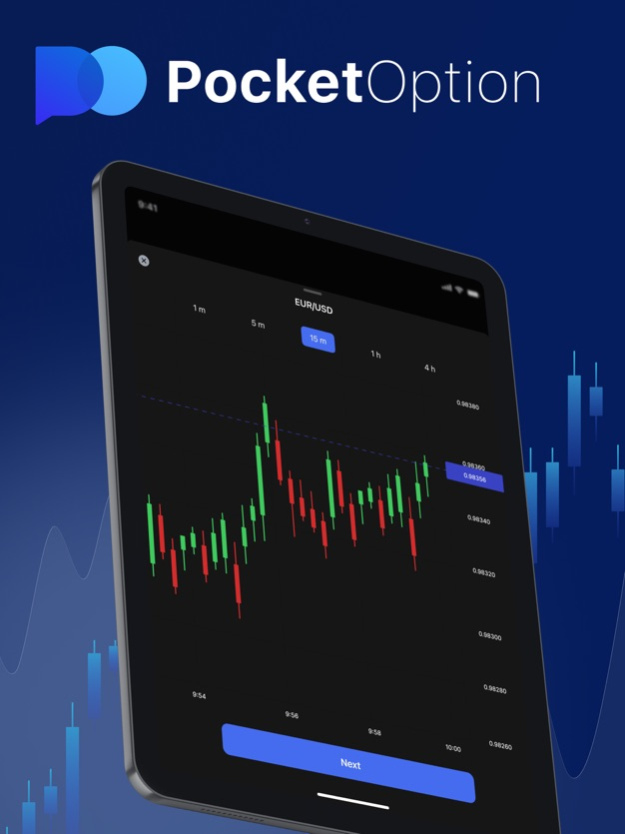
Understanding the Regulation Pocket Option: Safety and Compliance in Online Trading
When delving into the world of online trading, understanding the Regulation Pocket Option regulation Pocket Option is crucial for both safety and compliance. Regulation acts as a safeguard for investors and ensures that trading platforms operate within the legal frameworks set by regulatory authorities. In this article, we will explore the importance of regulation in the trading industry, the specific regulations that govern Pocket Option, and how these regulations help ensure a secure trading environment for traders globally.
The Importance of Regulation in Online Trading
In the ever-evolving landscape of online trading, regulation serves as a primary pillar of trust between traders and trading platforms. Without proper regulatory oversight, traders may find themselves vulnerable to fraud, mismanagement of funds, and lack of transparency. Regulation facilitates several key aspects:
1. **Protection of Traders**: Regulatory bodies work to protect traders from fraudulent activities and ensure that their funds are secure. Most regulations require firms to segregate client funds from the company’s operational funds, safeguarding traders’ capital in the event of insolvency.
2. **Fair Trading Practices**: Regulations help maintain a standard for fair trading practices, ensuring that all traders have equal access to market opportunities. This includes measures to prevent market manipulation, allowing for a level playing field.
3. **Transparency**: Regulated platforms are obliged to provide clear and comprehensive information about their trading conditions, including fees, spreads, and terms of service. This transparency helps traders make informed decisions.
4. **Accountability**: When brokers are regulated, they are accountable for their actions. This means they can be held responsible for breaches in compliance and must adhere to strict standards set by the regulatory authorities.
Pocket Option: An Overview
Pocket Option is a well-known trading platform that offers a wide range of financial instruments, including binary options, to traders around the globe. Since its inception, it has gained popularity for its user-friendly interface and diverse trading opportunities. However, understanding the regulatory framework within which Pocket Option operates is just as important as its trading functionality.

Pocket Option is owned by Gembell Limited, which is reportedly registered in the Marshall Islands. While this jurisdiction offers certain regulatory advantages aimed at easing market entry for brokers, it also raises questions regarding the overall safety and security of the platform.
Regulatory Framework of Pocket Option
Given the importance of regulation in the trading sector, Pocket Option operates under a specific set of guidelines. Here’s a closer look at its regulatory standing:
1. **Jurisdiction**: Pocket Option operates under the jurisdiction of the Marshall Islands. While this allows it to provide services with a degree of flexibility, it may also mean lesser regulatory oversight compared to more stringent regulations in places like the European Union or the United States.
2. **Compliance with International Standards**: Despite operating from a less regulated jurisdiction, Pocket Option has implemented several measures to comply with international standards of security and trading practices. It has adopted several policies to protect traders, which include providing negative balance protection and ensuring that customers can withdraw their funds at any time without unnecessary delays.
3. **KYC and AML Policies**: To prevent fraud and other illegal activities, Pocket Option implements Know Your Customer (KYC) and Anti-Money Laundering (AML) policies. These policies require users to provide verification documents to confirm their identity, ensuring that operations remain legitimate and in compliance with global standards.
4. **Risk Warning**: Pocket Option prominently displays a risk warning on its platform, indicating that trading binary options carries a high level of risk and may not be suitable for all investors. This aligns with the regulatory expectation that brokers must inform traders of the risks associated with trading.
Advantages and Disadvantages of Trading on Pocket Option
In evaluating whether Pocket Option is the right trading platform for you, it’s essential to consider both its advantages and disadvantages:
**Advantages**:

– **User-Friendly Interface**: The platform boasts an intuitive interface that appeals to both novice and experienced traders. It provides various helpful tools and educational resources to enhance the trading experience.
– **Diverse Trading Options**: Pocket Option offers a range of assets, including stocks, commodities, forex, and cryptocurrencies. This diversity provides traders with numerous opportunities to diversify their portfolios.
– **Competitive Payouts**: The platform features competitive profit payouts, particularly for binary options, which can reach up to 92% for certain trades.
– **Accessibility**: With a low minimum deposit requirement, Pocket Option is accessible for traders looking to commence their trading journey with modest capital.
**Disadvantages**:
– **Regulatory Concerns**: Operating from the Marshall Islands means less regulatory oversight compared to platforms regulated by bodies like the FCA or ASIC, which may be unsettling for some traders.
– **Limited Acceptance in Some Regions**: Certain countries impose restrictions on binary options trading, which may limit accessibility for traders in those jurisdictions.
– **High-Risk Nature of Trading**: As with all trading, the potential for loss is significant, especially with high-risk products like binary options. Traders must perform due diligence and understand their risk profile.
Conclusion
In conclusion, the regulation of trading platforms like Pocket Option plays a crucial role in ensuring a safe trading environment for investors. While the platform offers a variety of advantages such as accessibility and a user-friendly interface, potential traders must consider the implications of its regulatory status. By understanding the regulation Pocket Option adheres to, traders can make informed decisions that align with their financial goals and risk tolerance.
Overall, it’s advisable for traders to stay abreast of the regulatory landscape, continually assess their chosen platforms, and ensure that they are operating in a secure and compliant trading environment. This understanding not only aids in safeguarding investments but also fosters a more productive trading experience.
